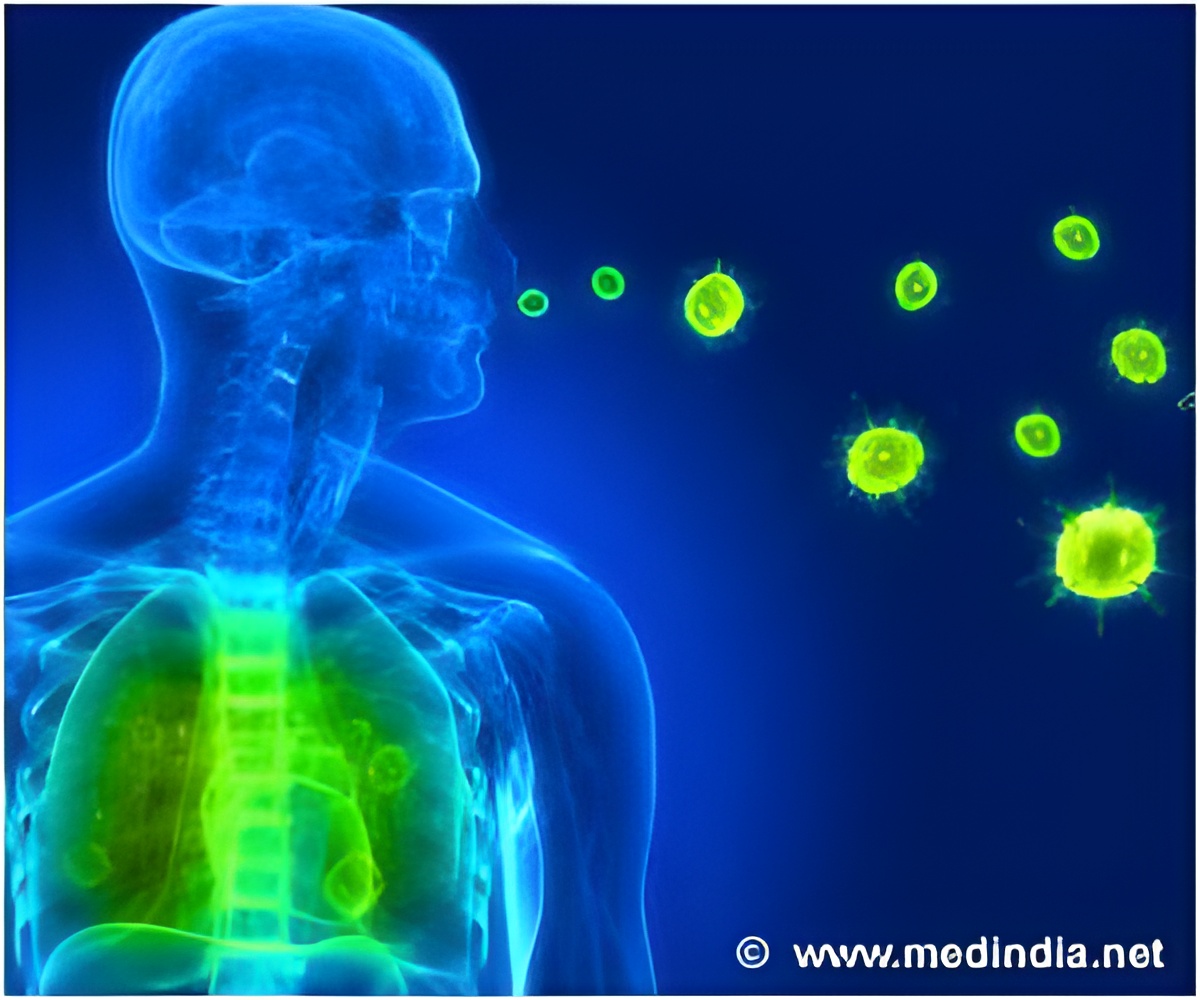The World Health Organization was accused by activist physicians of downplaying the health impact of nuclear fallout from the Fukushima nuclear disaster.

"It's a report that was meant to reassure people who, almost certainly, many will develop leukemia and cancer," said Helen Caldicott, whose foundation, the Helen Caldicott Foundation, cosponsored the symposium, along with Physicians for Social Responsibility.
"What is going to happen is there will be a high incidence of cancer and leukemia and genetic disease," due to the leaks, she said.
Caldicott said the WHO report, released February 28, had numerous major shortcomings, key issues it "ignored" or "glossed over."
For one, she said, WHO did not take actual radioactive emissions into account, relying on estimates.
The UN health body also did not examine the impacts on children comprehensively, including what the impact would be of eating radiation-contaminated food over a lifetime.
Advertisement
"As a physician, I abhor what they've done," Caldicott said.
Advertisement
The WHO report did conclude that the cancer risk was higher for certain groups of exposed people in Fukushima.
That includes a projected seven percent increase in leukemia among males exposed as infants, over what would have normally been, and a six percent higher occurrence of breast cancer among women exposed as infants.
The occurrence of thyroid cancer in females over a lifetime could rise by as much as 70 percent over the normal rate.
But for the general population inside and outside of Japan, WHO said, "the predicted risks are low and no observable increases in cancer rates above baseline rates are anticipated."
Source-AFP













